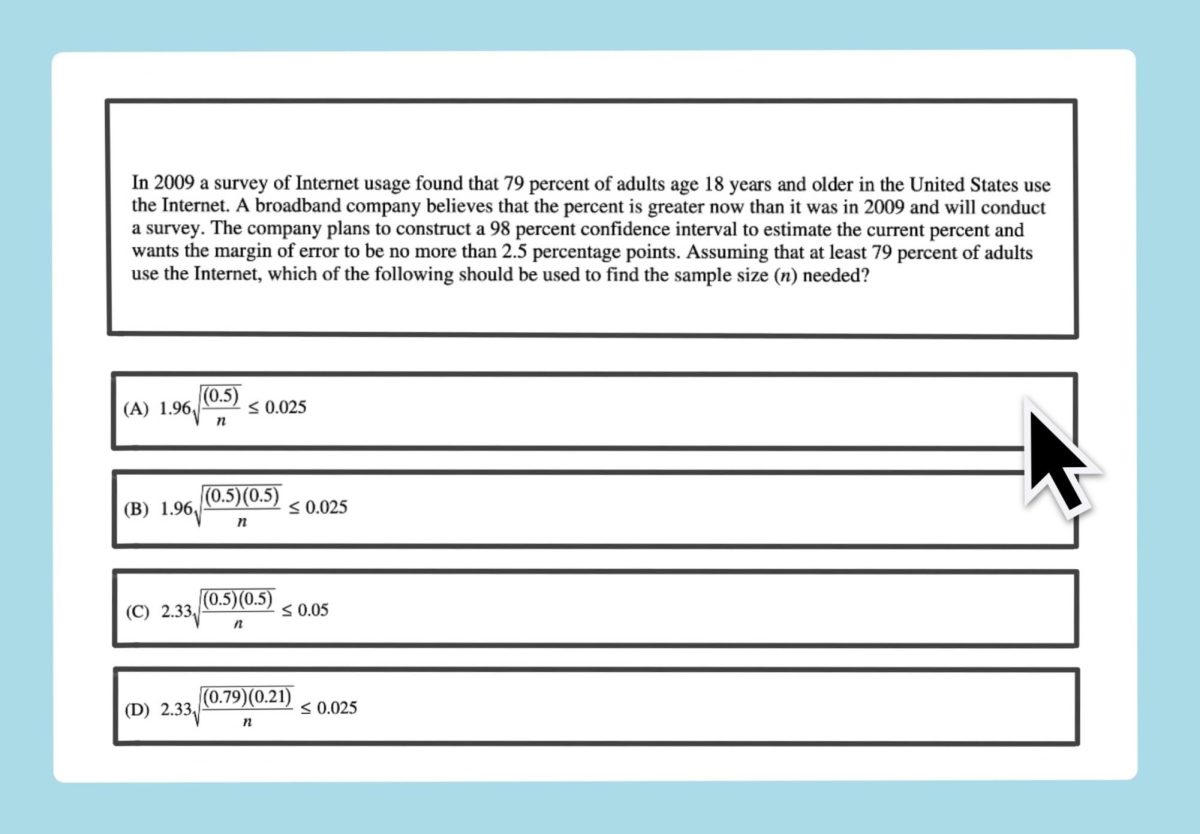Since kindergarten, I have learned quite a few lessons that have contributed to my ascent through elementary, middle and high school, and the age old axiom “you can pick your nose, you can pick your friends, but you can’t pick your friend’s nose” has probably proved to be the most useful.
Few classes, however, have made the transition all the way from kindergarten to high school. Leaving behind African-American music studies, “extended learning time,” and an art class puppet named Pablo, the only classes that have continued since kindergarten are math, language arts, and foreign language.
After 11 years of foreign-language classes, I have somewhat capably completed the graduation requirements for foreign language in the state of Georgia. My dilemma, however, is I feel I have not adequately grasped many basic concepts of the French language. I know I am miles away from the 85 percent proficiency required by the state standards, let alone fluency.
The problem lies neither with the teachers nor the students, per se. It is the lack of overall global awareness that plagues many American students. In America we are relatively isolated, so language classes are not treated with the same sense of importance as, say, math.
As the world merges together and interconnectivity increases, I believe that foreign language is becoming increasingly important. It is so easy to communicate with people in our technologically centered society, and a lack of language comprehension is an extraordinary barrier.
We do not have any excuse to contribute to this ignorance.
Education is compulsory in America, and nearly all states require some form of foreign language. Many school systems, including APS, start this education as early as elementary school.
At my elementary school, Spanish was my least favorite class, and in both middle and high school when I enrolled in French, my attitude towards foreign language continued.
It seemed that, especially in high school, no one wanted to be there. When my teacher, Ms. Monye, tried to start a new lesson or give a test, the class would break into a collective groan or argue that she “never taught us this,” regardless of whether or not that was true.
Perhaps those who truly do not wish to be there would be weeded out if foreign language was not a requirement, but I don’t think that necessarily solves the problem.
Some schools in Georgia, including South Forsyth High School, have initiated after-school foreign language training so students can get ahead in the job world right after high school. These types of programs are effective because they offer an array of languages that may not be an option in traditional classrooms. The Georgia Foundation for Public Education Partners hopes to expand the program statewide by next year.
The most advantageous solution, however, would be to promote students to the next language class based on understanding rather than grade level. This may hold some students back, but it would also encourage students to try harder in the language, or treat it like an actual class in order to pass. As globalization increases, education needs to not only increase in core areas, but also in crucial life skills such as foreign language.












